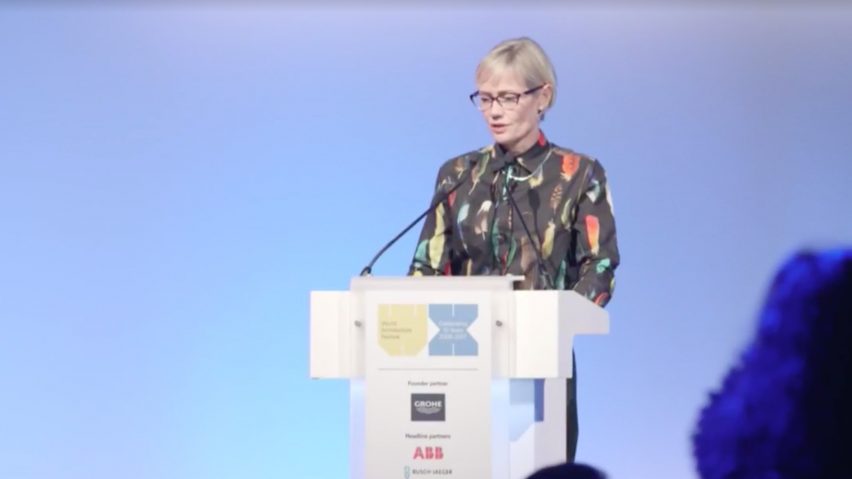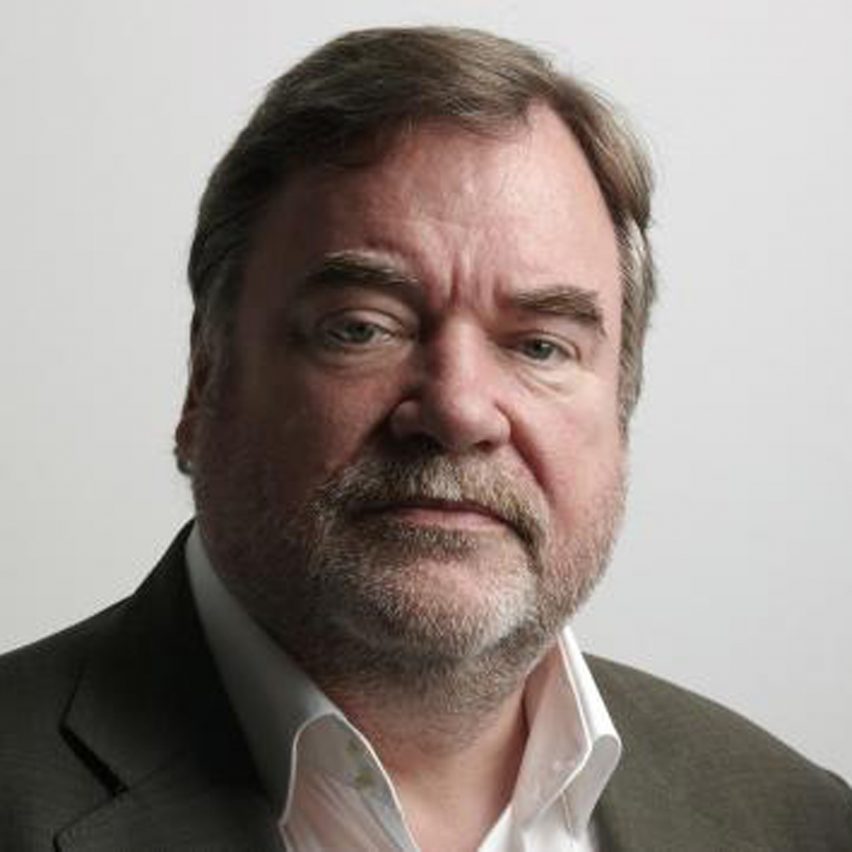
It's difficult to get prominent women to speak, says WAF organiser Paul Finch
World Architecture Festival is failing to attract enough leading female architects as speakers despite efforts to improve its gender balance, according to organiser Paul Finch.
At this year's World Architecture Festival (WAF) 30 per cent of the 125 award judges were women, and just 27 per cent of the speakers female – although the speaker's page of the event's website places this figure at 22 per cent. In 2016 only 13 per cent of speakers were women.
But Paul Finch, the festival's programme director and the editorial director of The Architects' Journal, said the figures are not wantonly imbalanced. He said that WAF has had on-going problems securing high-profile female architects as speakers throughout the event's 10-year history, with 2017's iteration suffering from two last-minute withdrawals.
"As a general rule we try to ensure at least one woman per three-person jury, and we try hard to get a decent gender balance in respect of speakers," he told Dezeen.
"Our experience over the last ten years is that it is quite difficult to get prominent women architects as speakers in quantity, but it doesn't mean we don't try," Finch continued.
"For various reasons we find that high-profile women architects are more likely to withdraw from the event quite late on (two French examples this year), and it is difficult to get like-for-like replacements."
He said the imbalance also extended to WAF's attendees, which he estimated as being "well below" 30 per cent female.
"It is difficult to say whether the roughly 30 per cent figure is representative of architecture worldwide," said Finch.
"My long-term prediction is that as the proportion of women architects increases worldwide, this will be reflected in WAF's 'demography', and a good thing too," he added. "I don't want to sound defensive about this. EMAP architecture has a strong record of supporting women in the architectural profession and we will continue to do so."

WAF is organised by the publishers EMAP, which puts out industry magazines including The Architectural Review as well as The Architect's Journal. The two titles run Women in Architecture, an annual survey and awards programme that aims to promote women in practice.
Last year, the survey found that the gender pay gap is in fact broadening in the UK, despite impending changes to regulations that will require companies to declare salary disparity.
Next year, when WAF will move from Berlin to Amsterdam, Finch has invited a woman architect to chair the super-jury – a panel of judges that decides which project will be awarded the title of World Building of the Year.
A Dezeen survey revealed that just two of the world's top 100 architecture practices are led by women, and that 90 per cent of the highest-ranking jobs at the firms are held by men.
The lack of female speakers at major industry events, on the juries for awards and in the senior ranks of architecture firms has come under increasing scrutiny recently.
Earlier this month it also came to light that the jury for the international Restaurant and Bar Design Awards 2018 included only four women alongside 41 male panellists.
An employee of the awards company lashed out at one female critic scrutinising the gender imbalance on social media, claiming her comments came out of spite for not being shortlisted. The organisation has since told Dezeen it is committed to "mindfully" increasing diversity in next year's panel.
UK Construction Week also came under fire for the presence of "Vegas show girl" models its event in October.
The annual event organsied by Media 10 – publisher of architecture and design magazine Icon – attracted heavy criticism from architects and industry figures who questioned whether using women to sell products was appropriate in an industry struggling for equality.